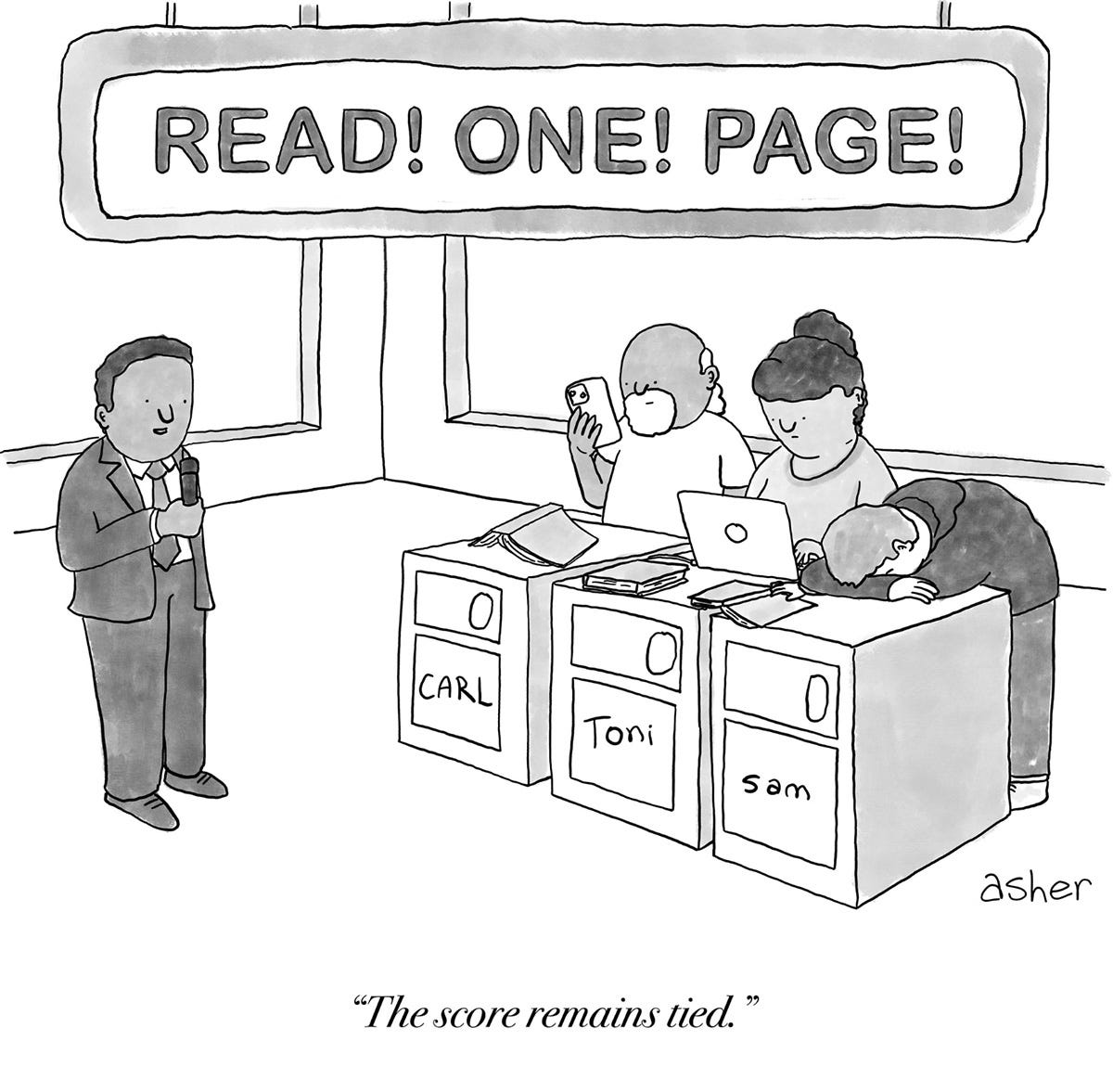Drawbacks of Wearables
I've been eyeballing an Apple Ultra for awhile but still hesitant. What the analytics tell us.
POSITIVE AFFIRMATION
“I’ve got so much data tracking my life but is any of it making it better?”
- Johnny T. Nguyen
Last week we discussed fine-tuning our sleep habits. It was prompted after hearing Dr. Andy Galpin on “Stop Worrying About Your Sleep Score.” In it, Dr. Galpin made these assertions:
How wearables grade the quality of sleep is incorrect.
Sleep scores can affect your behavior for the worse. For example, if the score says you had bad sleep - even if you had a good night’s sleep - you will start to act as if you didn’t. But also vice versa.
The itch to wake up and immediately check your sleep score could eventually affect how well you sleep due to the habit of anticipation or anxiety.
The most interesting of those takeaways is how Dr. Galpin asserts measuring good sleep is still not an exact science. I mean, it makes sense. If science is still discovering new insights about how the brain works and can’t cure dementia and Alzheimers, then it’s logical that we don’t know what constitutes ‘good’ or ‘bad’ sleep for the brain.
That should then lead us to the bigger question of, what data about our health is worthwhile. I’m talking about the health data that our phones and wearables (Apple Watch, Whoop, Fitbit, Oura ring, Garmin watches, etc.) can measure, not data we get from blood tests.
I’d like to propose 3 questions to ask about the health data we get to determine if it should be allowed into our lives.
Is the data accurate?
Will the data affect our behavior for the better or worse?
Will the data drive a positive behavioral change?
In regards to sleep data and according to Dr. Galpin, the answers would be (1) no, (2) potentially for the worse, and (3) maybe. That would indicate we should be very skeptical about sleep data from wearables.
Now, let’s consider health data like heart rate.
For heart rate, a 2019 study concluded, “The Apple Watch 3 and the Fitbit Charge 2 provided acceptable heart rate accuracy (<±10%) across the 24 hour and during each activity.” A more recent study similarly found, “Using just one point of contact, the Apple Watch was able to interpret cardiovascular disorders like atrioventricular blocks and atrial fibrillation. Because of this, the researchers determined that the Apple Watch ECG was a suitable means of monitoring daily heart activity, including one's heart rate.”
So for heart rate, the answers to our questions would seem to be, (1) yes, (2) for the better because it can be an early warning trigger for heart disease, and (3) yes, it should!
Next, let’s consider the more exotic health data of VO2 max, a measure of the maximum amount of oxygen that your body can use during intense exercise and currently being touted as a better predictor of life healthspan.
Plenty of research on the accuracy of VO2 max has also been done, and the consensus is that they are all inaccurate, and generally give more flattering false results. A compelling (and fun) read is this first-hand account by an NYT writer. In a nutshell, his Apple Watch told him he was below average in VO2 max, which kickstarted him to workout. Then he took a real VO2 max test in a lab, and realized his score was worse than he thought! But, his real takeaway is:
“Fortunately, after studying all the data, learning how the wearable algorithms work and talking with health experts, I arrived at a positive conclusion: Even if the smartwatch numbers were wrong, they were correct in broad strokes, and I was probably better off wearing one than not.” - Brian Chen, NYT, What Good Are Wearable Computers if the Data Is Wrong?
TAKEAWAY
Be judicial in what data you want to measure and what doesn’t need to be. I’ll suggest ditching the sleep quality score, keeping an eye on sleep duration, amount of movement (i.e. steps), and VO2 max, and embracing heart rate data. Something else I keep track of is how many movies and books I read throughout the year, so don’t forget to also have some fun. ;)
Of Interest
➩ The heart rate monitor sensor technology is the same in both the Apple Watch and Ultra, so there is no need to spend extra money if that’s the main driver.
➩ Chris Hemsworth Surprises Fans at Ed Sheeran Concert Playing Drums | Limitless With Chris Hemsworth
Chris Hemsworth takes on this new challenge to uncover the scientific secrets to living a longer, better life in Limitless with Chris Hemsworth Season 2, coming 2025 to Disney+.


